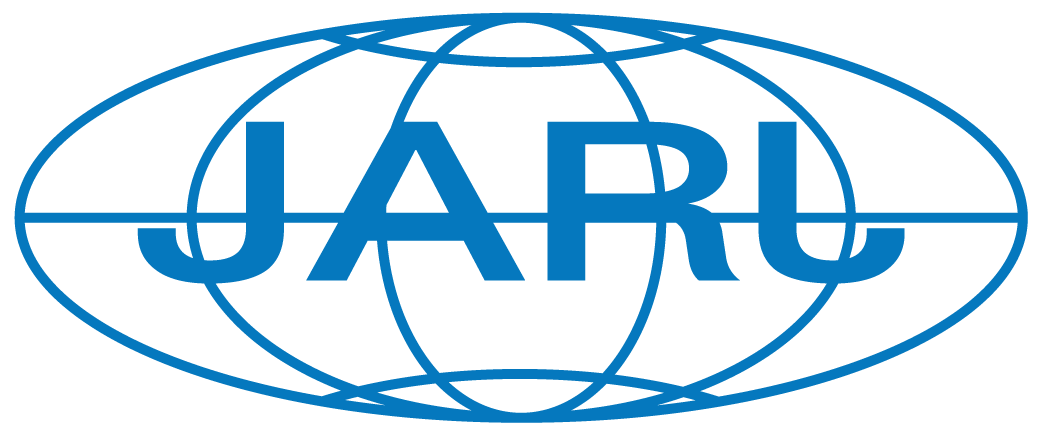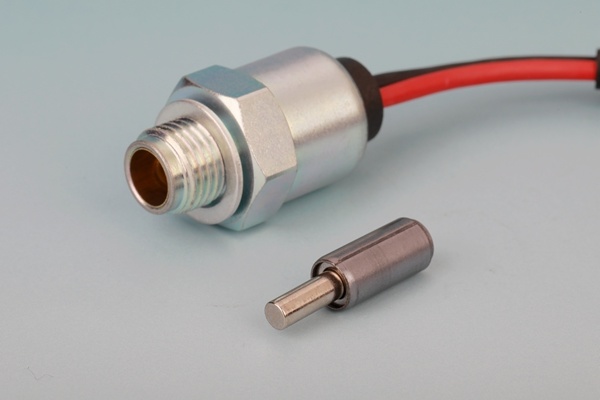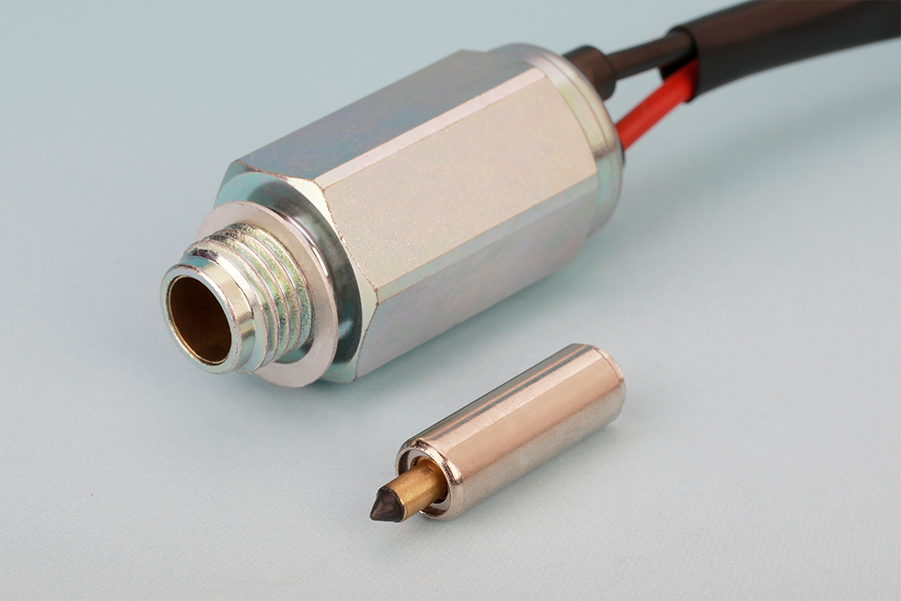Why Stainless Steel CNC Machining Parts Are Essential for Precision Engineering
Release Time:
Apr 16,2025
Why Stainless Steel CNC Machining Parts Are Essential for Precision Engineering Introduction to CNC Machining and Precision Engineering In today's rapidly evolving manufacturing landscape, **CNC (Computer Numerical Control) machining** stands as a cornerstone of precision engineering. This advanced technology uses computer-controlled tools to produce intricate and highly accurate parts from variou
Why Stainless Steel CNC Machining Parts Are Essential for Precision Engineering
Introduction to CNC Machining and Precision Engineering
In today's rapidly evolving manufacturing landscape, **CNC (Computer Numerical Control) machining** stands as a cornerstone of precision engineering. This advanced technology uses computer-controlled tools to produce intricate and highly accurate parts from various materials, including metals, plastics, and composites. Among these materials, **stainless steel** shines as a premier choice for many applications. Understanding why stainless steel CNC machining parts are essential for precision engineering requires a deeper dive into their properties, advantages, and applications.
The Unique Properties of Stainless Steel
Stainless steel is a family of iron-based alloys known for their **corrosion resistance, durability, and aesthetic appeal**. These properties make stainless steel an ideal material for various precision components. Here are key characteristics that enhance its utility in CNC machining:
1. Corrosion Resistance
One of the standout features of stainless steel is its ability to withstand rust and corrosion, making it perfect for parts exposed to harsh environments. This resistance extends the lifespan of components, reducing the need for frequent replacements.
2. Strength and Durability
Stainless steel boasts impressive tensile strength, ensuring that parts can withstand heavy loads and stresses without deforming. This durability is crucial for applications where reliability is non-negotiable.
3. Aesthetic Qualities
The sleek, polished finish of stainless steel not only enhances the visual appeal of components but also contributes to their cleanability, making them suitable for industries like food processing and healthcare.
4. Versatility in Fabrication
Stainless steel can be easily machined into complex shapes and forms. With CNC technology, manufacturers can achieve highly detailed designs that would be difficult or impossible with other materials.
The Role of CNC Machining in Precision Engineering
CNC machining revolutionizes traditional manufacturing by allowing engineers to produce components with **high precision and repeatability**. The integration of computer technology streamlines the process, enhancing efficiency and accuracy.
1. Increased Precision
With CNC machining, even the most intricate designs can be manufactured with tolerances as tight as **±0.001 inches**. This level of precision is essential in sectors like aerospace, automotive, and medical device manufacturing.
2. Automation and Efficiency
CNC machines can operate continuously, significantly reducing the time required to produce parts. This automation leads to higher productivity and lower operating costs for manufacturers.
3. Consistency and Quality Control
The computerized nature of CNC machining minimizes human error, ensuring that each part produced meets stringent quality standards. This consistency is vital for applications where even minor defects can lead to catastrophic failures.
Applications of Stainless Steel CNC Machining Parts
Stainless steel CNC machining parts find applications across various industries, each requiring specific properties and functionalities. Here’s a closer look at some of the key applications:
1. Aerospace Industry
In aerospace engineering, components must meet stringent weight-to-strength ratios and endure extreme conditions. Stainless steel's strength and resistance to oxidation make it an optimal choice for critical components such as brackets, fittings, and structural parts.
2. Automotive Sector
The automotive industry relies on stainless steel for its durability and aesthetics. Components like exhaust systems, engine parts, and fasteners are frequently made from stainless steel due to its ability to withstand high temperatures and corrosive environments.
3. Medical Device Manufacturing
In the medical field, hygiene and durability are paramount. Stainless steel CNC machined parts are commonly used in surgical instruments, implants, and diagnostic equipment, where sterility and precision are critical.
4. Food Processing and Packaging
Food processing equipment must meet strict health regulations. Stainless steel is non-reactive and easy to clean, making it the preferred material for machinery and tools in the food industry.
5. Construction and Architecture
Stainless steel's aesthetic appeal and structural integrity make it a popular choice in construction and architectural applications. From railings to structural beams, stainless steel parts enhance both functionality and design.
Benefits of Using Stainless Steel CNC Machining Parts
The advantages of utilizing stainless steel CNC machining parts extend beyond performance. Here are some notable benefits:
1. Reduced Maintenance Costs
Due to their durability and corrosion resistance, stainless steel parts often require less maintenance than components made from other materials. This reduction in maintenance translates to lower overall ownership costs.
2. Enhanced Performance
Stainless steel's ability to withstand high stress and maintain functionality in extreme conditions leads to enhanced performance. This is particularly important in industries where reliability is critical.
3. Sustainability
Stainless steel is 100% recyclable, contributing to sustainable manufacturing practices. Using CNC machining can minimize waste, making the manufacturing process more eco-friendly.
4. Customization Capabilities
CNC machining allows for the production of custom parts tailored to specific requirements. Whether it's a unique design or specific dimensions, stainless steel can be machined to meet the exact needs of any project.
Choosing the Right Stainless Steel Alloy for CNC Machining
Different stainless steel alloys offer various properties suitable for CNC machining. Understanding these differences is crucial for selecting the right material for specific applications.
1. 304 Stainless Steel
The most commonly used alloy, **304 stainless steel** is known for its excellent corrosion resistance and formability. It is ideal for a wide range of applications, including food processing and kitchen equipment.
2. 316 Stainless Steel
**316 stainless steel** contains molybdenum, enhancing its resistance to corrosion, particularly in marine environments. It is often used in medical devices and chemical processing equipment.
3. 410 Stainless Steel
This alloy is known for its high strength and wear resistance. **410 stainless steel** is often used for applications requiring toughness and durability, such as automotive parts and cutting tools.
4. 420 Stainless Steel
**420 stainless steel** is a high-carbon alloy that offers excellent hardness and edge retention. It is commonly used in cutlery and surgical instruments.
Challenges and Considerations in CNC Machining Stainless Steel
While stainless steel offers numerous benefits, machining it presents unique challenges. Here are key considerations to keep in mind:
1. Tool Wear
Stainless steel can be abrasive on cutting tools, leading to increased wear. Choosing the right tools and machining parameters is crucial for maintaining efficiency and prolonging tool life.
2. Thermal Management
The cutting of stainless steel generates heat, which can lead to thermal distortion if not managed correctly. Effective cooling strategies, such as using coolant or optimizing cutting speeds, are essential.
3. Cost Considerations
While stainless steel offers superior performance, it can also be more expensive than other materials. Manufacturers must weigh the long-term benefits against initial material costs.
Future Trends in Stainless Steel CNC Machining
As technology evolves, the CNC machining industry continues to innovate. Here are some trends shaping the future of stainless steel CNC machining:
1. Automation and AI Integration
The advent of artificial intelligence and automation is revolutionizing CNC machining. These technologies can optimize machining parameters in real-time, enhancing efficiency and reducing waste.
2. Advanced Materials
Research is ongoing into new stainless steel alloys that offer enhanced properties. These materials could further improve the performance of CNC machined parts in demanding applications.
3. Industry 4.0
The integration of IoT (Internet of Things) is allowing manufacturers to monitor and control CNC machines remotely, leading to increased efficiency and better data collection for quality improvement.
Conclusion
Stainless steel CNC machining parts are indispensable in the realm of precision engineering. Their unique properties—such as corrosion resistance, strength, and versatility—make them suitable for a wide range of applications across various industries. By leveraging the capabilities of CNC machining, manufacturers can produce high-quality, durable components that meet the stringent requirements of modern engineering. As technology advances, the role of stainless steel in precision engineering will only continue to grow, paving the way for innovations that enhance both performance and sustainability.
Frequently Asked Questions (FAQs)
1. What is CNC machining?
CNC machining is a manufacturing process that uses computer-controlled tools to create precise parts from various materials, including metals like stainless steel.
2. Why is stainless steel preferred over other metals for CNC machining?
Stainless steel is preferred for its corrosion resistance, strength, durability, and aesthetic qualities, making it suitable for various industrial applications.
3. What types of industries utilize stainless steel CNC machining parts?
Industries such as aerospace, automotive, medical, food processing, and construction heavily rely on stainless steel CNC machining parts for their durability and precision.
4. How does CNC machining contribute to sustainability?
CNC machining reduces waste through its precision and allows for the use of recyclable materials, such as stainless steel, contributing to sustainable manufacturing practices.
5. What are the challenges associated with machining stainless steel?
Challenges include tool wear, thermal management, and cost considerations, as stainless steel can be abrasive on tools and requires careful monitoring during machining.
Related content




